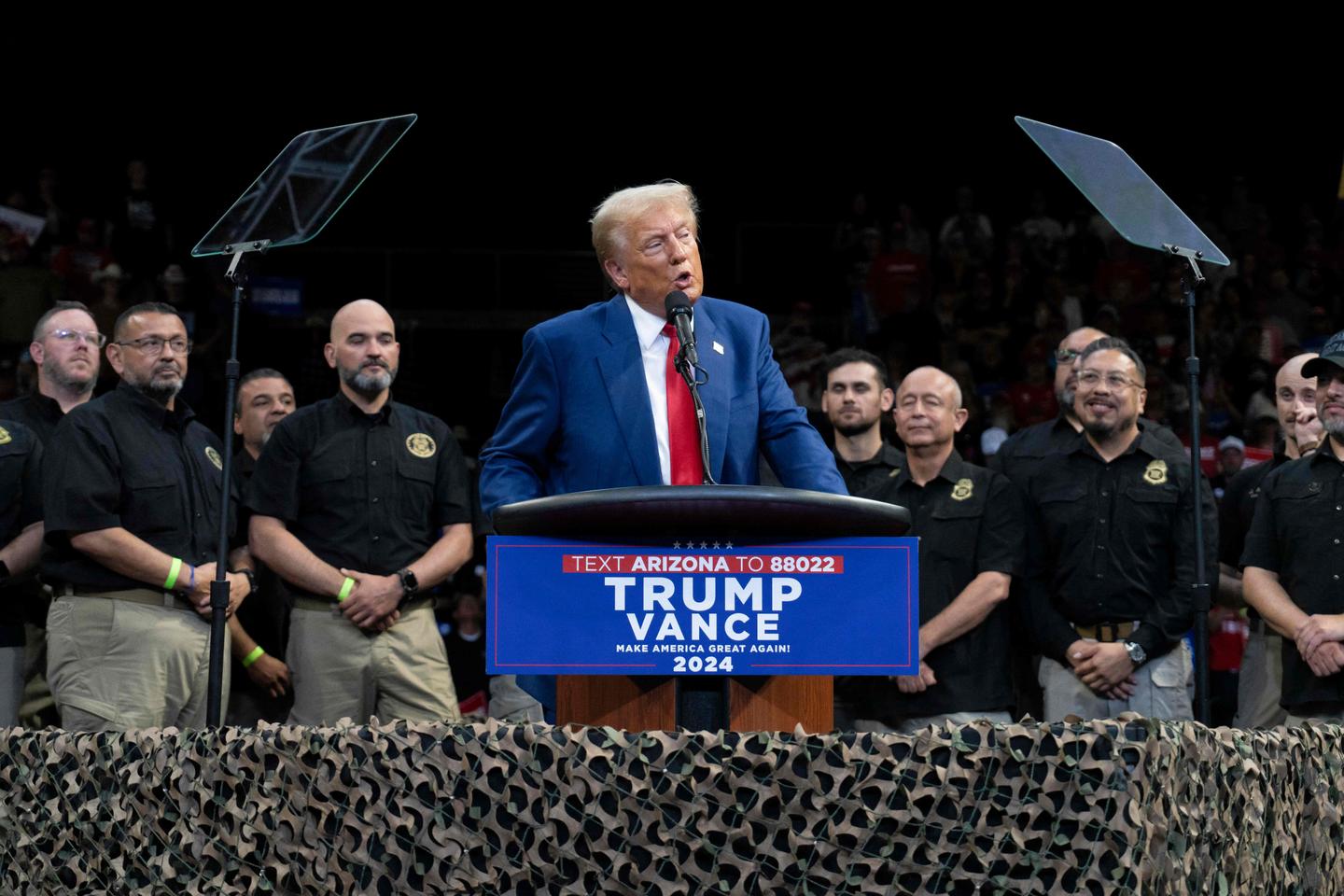


The US presidential campaign is a strange one. The US economy is posting healthy indicators in growth, employment, investment and consumption, while China is running out of steam and Europe is lamenting its decline. Yet both candidates are positioning themselves as if the country were on the brink of a cliff. Donald Trump wants to restore America's greatness because it still hasn't found it. Kamala Harris wants to restore hope because the United States is on the verge of depression.
The economic translation of this political rhetoric is leading both candidates to an escalation of promises disconnected from reality. They're announcing trillions in spending as if deficits no longer mattered. According to their claims, thanks to them, America is going to become a gigantic Disneyland of economic prosperity, featuring no unemployment, low taxes and constant growth at no cost to anyone. They are both acting as pure demagogues.
The campaign resembles a completely unfunded quest for a lost paradise, at a time when the country's budgetary situation is already dizzying. The United States is neither at war nor in recession, but the federal government is borrowing as if it were. In 2024, the budget deficit will be close to $2 trillion (€1.83 trillion, or 6% of GDP), and debt has exceeded $34 trillion (125% of GDP). As a result of an aging population and a widening structural gap between expenditure and revenue, the debt burden as a percentage of GDP is now higher than it was at the end of the Second World War.
Deficit issue absent from the campaign
Until the early 2010s, both Republicans and Democrats were relatively vigilant about deficits. Today, the issue is completely absent from the electoral campaign. Worse still, both candidates say they are prepared to accelerate spending. France is not alone in denying concerns about public finances.
The Committee for a Responsible Federal Budget (CRFB), a non-partisan think tank, has calculated that, with a combination of tax cuts, tariff hikes, military appropriations and mass deportations of immigrants, Trump would widen the budget deficit by $7.5 trillion over the next decade. Between increasing social spending and lowering taxes for the middle class (while raising them for corporations and the wealthy) Harris would worsen the deficit by "only" $3.5 trillion.
One explanation for this race to the bottom lies within the ideological shift in both parties. Since his first term, Trump has disregarded the entire Republican breviary: promotion of free trade, fiscal orthodoxy and welfare cuts. With a significant part of the working class now voting Republican, the party has become much more accommodating to unions and supportive of tax credits and low wages, while remaining as stubborn as ever on taxation. More spending and less revenue equals more deficit.
You have 45.67% of this article left to read. The rest is for subscribers only.
